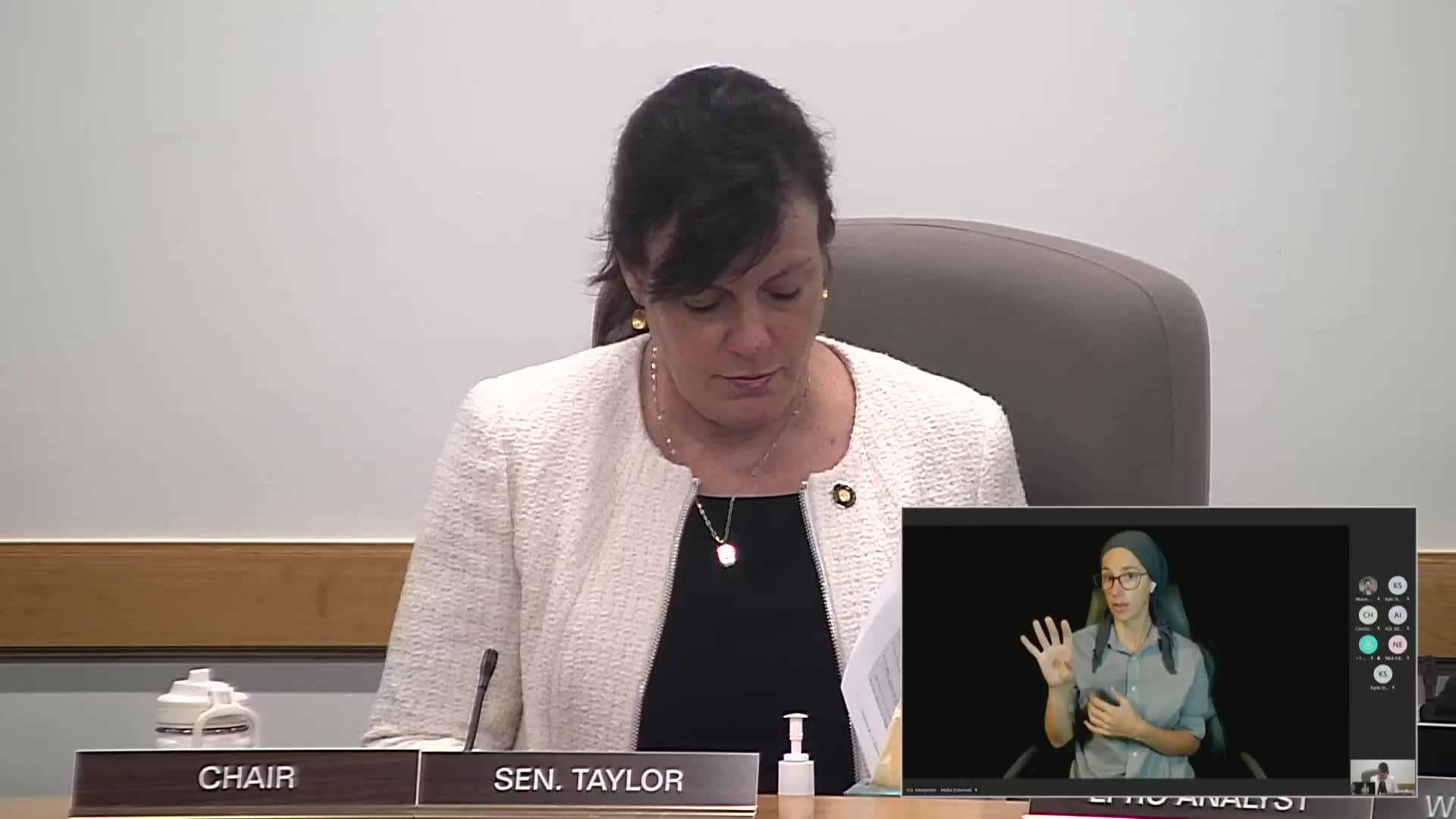Committee hears testimony on lowering retirement age for police and firefighters to 50 with 25 years' service
Get AI-powered insights, summaries, and transcripts
Subscribe
Summary
Senate Bill 902 (dash 1) would lower the normal retirement age from 53 to 50 for members of the Oregon Public Service Retirement Plan who retire as police officers or firefighters with at least 25 years of service; the committee heard union and county briefs on recruitment benefits and fiscal impacts.
Senate Bill 902, as amended in the dash 1, would reduce the normal retirement age for a member of the Oregon Public Service Retirement Plan who retires as a police officer or firefighter from 53 to 50 if the member has 25 years or more of retirement credit. The bill applies to members whose date of retirement is on or after the measure’s effective date.
Carl Kennick, president of the Oregon State Firefighters Council, testified in support and said competitiveness with retirement plans in neighboring states has increased turnover in Oregon public safety ranks. Kennick cited a Milliman analysis and testified that lowering the retirement age would have an estimated contribution-rate impact of about 0.43% for police and fire and an additional 0.04% for the general service pool, and he said the change would add about $80,000,000 to the system’s unfunded actuarial liability (UAL).
Justin Lowe, Legislative Affairs Manager for the Association of Oregon Counties, told the committee that AOC “supports fair PERS retirement benefits” but is concerned about the fiscal pressure on counties. Lowe reiterated the PERS study estimates and highlighted that employers with police and fire payroll can expect contribution-rate increases of roughly 0.47% in total when accounting for payroll and UAL impacts; AOC asked the committee to “respectfully” consider opposition to the dash 1 amendment because of local budget strains.
Committee members discussed competitiveness, the declining number of legacy tier 1 and tier 2 members, and the broader budget trade-offs. Senator Hayden said the proposal warrants conversation and acknowledged the cost is “not free.” Vice Chair Bonham and others noted the state could consider offsetting costs for local governments, while some senators pressed for revenue reform or more gradual approaches.
No work-session motion or committee vote on SB 902 occurred at this hearing; the committee closed the public hearing after testimony and preliminary discussion.
Ending: The committee closed the public hearing and did not take formal action during this session; staff and members noted fiscal implications and competing priorities for local governments and the state.
